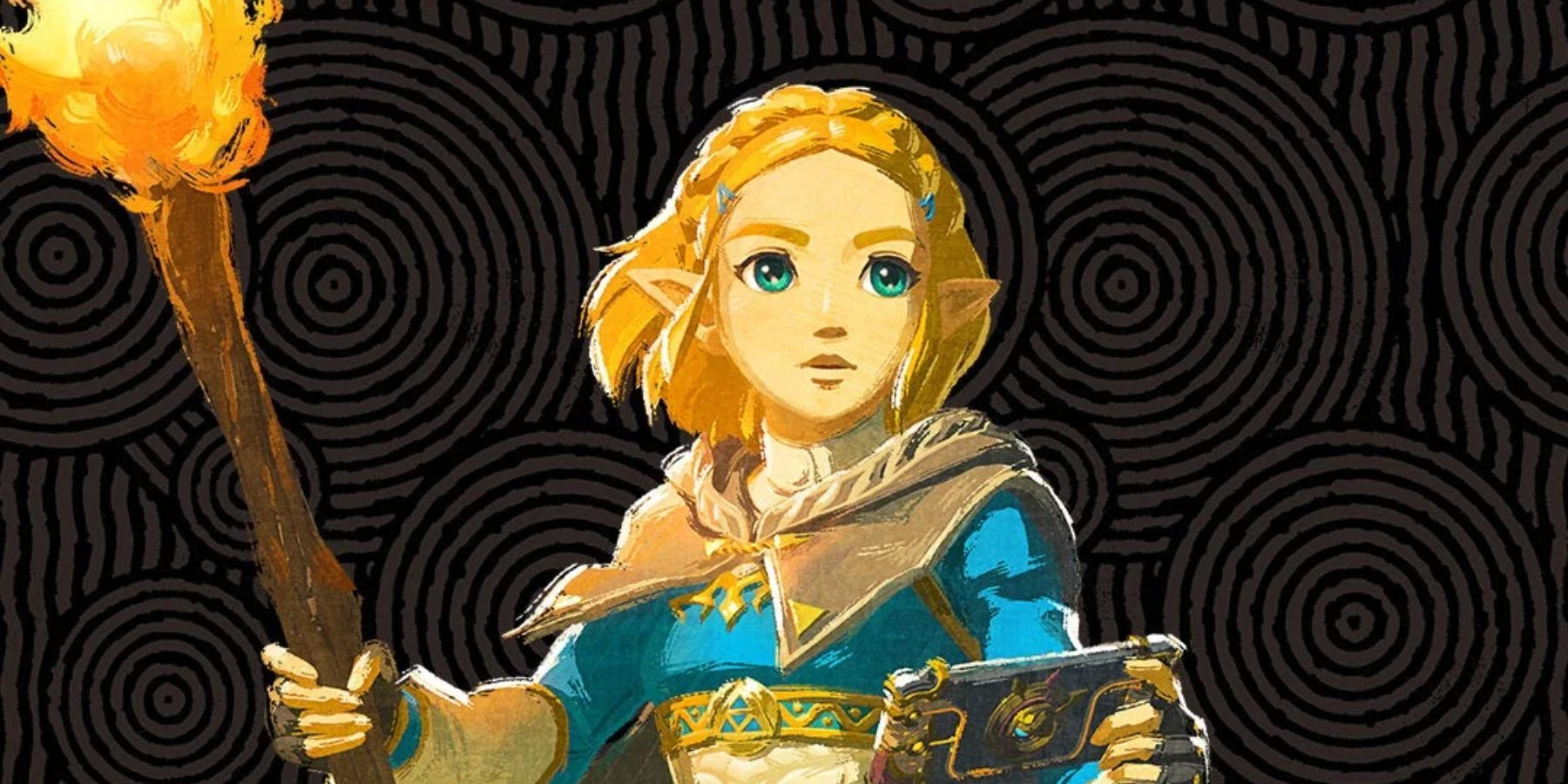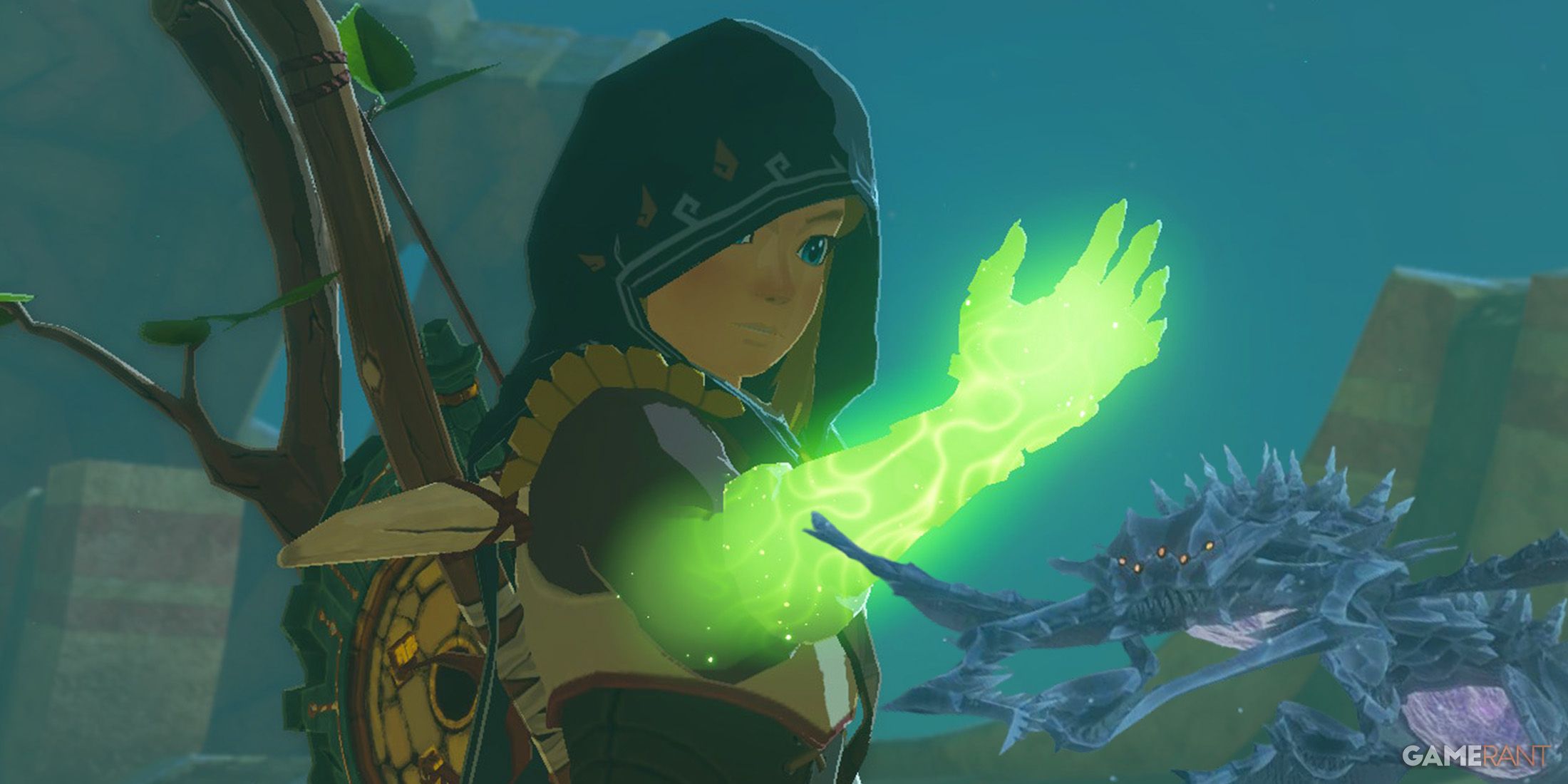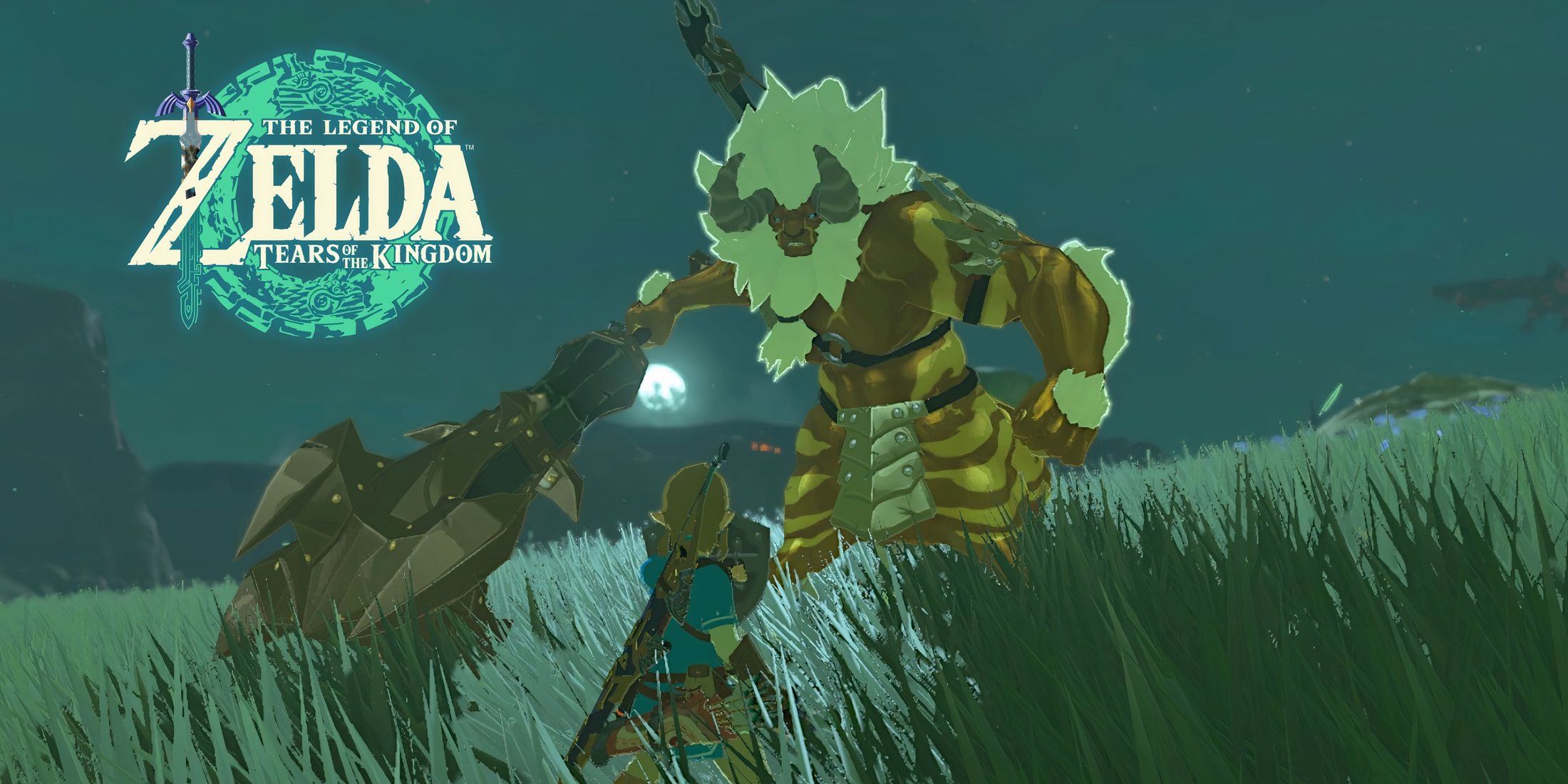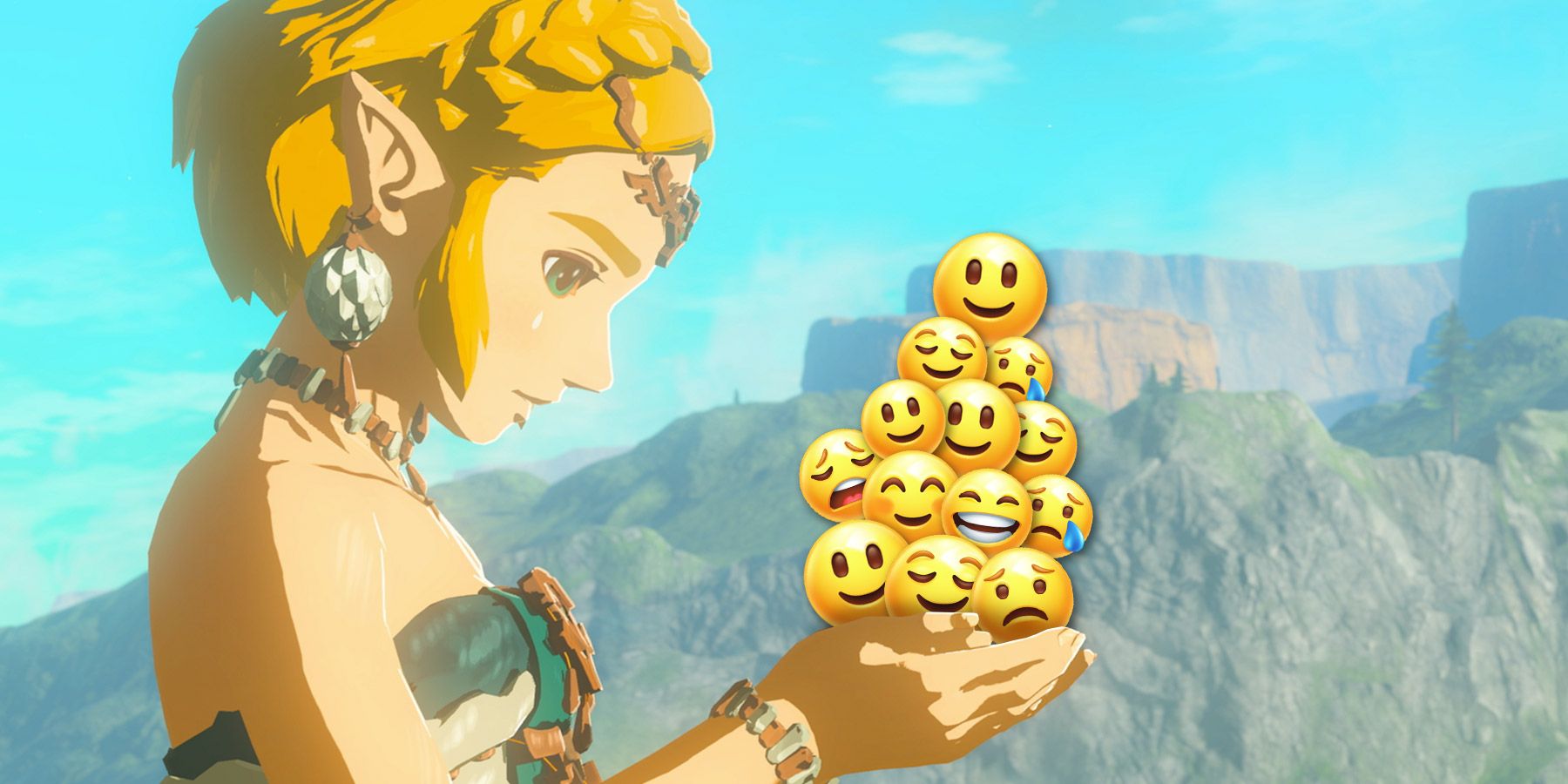Highlights
- Breath of the Wild and Tears of the Kingdom's weapon durability has been a controversial mechanic that players have criticized.
- Repairing weapons in Tears of the Kingdom has been inconvenient, leading to more dissatisfaction among players.
- The frustration caused by weapon durability suggests that future Zelda titles should abandon this mechanic for a more enjoyable gameplay experience.
The Legend of Zelda: Tears of the Kingdom and its predecessor, Breath of the Wild, have had an undeniable impact on the gaming industry and the Legend of Zelda franchise alike. Both games have taken the nearly 40-year-old series to unimaginable heights, while simultaneously heightening expectations of gaming across the board. Despite their high praise and success, however, they have both had one stubborn feature that players have been unable to ignore: Zelda's weapon durability.
Weapon durability in Breath of the Wild and Tears of the Kingdom has been one of their most controversial features, as it eventually leads to almost every weapon breaking and becoming permanently unusable. Thankfully, with the news that Tears of the Kingdom will most likely not be receiving a direct sequel, the feature that fans have grown to abhor so much may finally face the reaper, especially if Nintendo chooses to revert the series to its original formula.

Tears of the Kingdom Makes a Stronger Case for a Princess Zelda Game Than Ever
Princess Zelda was not playable in Tears of the Kingdom, even though the game sets her up as a protagonist more than ever before.
The Legend of Zelda May Finally Bid Weapon Durability an Overdue Farewell
Weapon Durability in Zelda Has Served Its Purpose
Despite being one of Breath of the Wild and Tears of the Kingdom's most controversial mechanics, weapon durability has served a purpose that simply cannot be ignored. Because of weapons having durability in BotW and TotK, players are encouraged to be in constant pursuit of more weapons. This was made especially useful in TotK with the introduction of the Fuse ability, allowing players to fuse their weapons and items and upgrade them in the process. However, while this certainly helped to quiet players' complaints, it has not silenced them by any means.
Tears of the Kingdom made it possible to repair weapons, which was a welcome change to the franchise. Still, many players have stated that the process of repairing them is rather inconvenient, leading them to deem it not worth the effort. If there were a simpler way of repairing weapons — like paying a visit to a local blacksmith, for instance — perhaps BotW and TotK's durability mechanics wouldn't garner such heavy criticism. Unfortunately, Nintendo chose not to do away with or simplify what was one of Breath of the Wild's most hated mechanics, resulting in even more discontented sighs from the gaming community.
There Is Little Room for Weapon Durability in Future Zelda Titles
In light of the backlash such a simple feature has received, along with its rather counterproductive nature, it's time for The Legend of Zelda to move on without weapon durability as a mechanic. Despite adding to the realism of Zelda's new era, Breath of the Wild and Tears of the Kingdom's weapon durability inevitably results in more frustration than fun, especially when it comes to some of each game's best weapons. As a result, players hoard their best weapons rather than using them, as they are unsure when they might need those weapons most.
Even the Master Sword, which is supposed to be Link's most powerful weapon, has a type of durability mechanic that causes it to eventually lose its power and require time to recharge before it can be used again. Classic Zelda titles have included this mechanic with the Master Sword, but it has only ever lost a special ability and has never become unusable for some time. At the very least, the Master Sword should have been able to evade the durability mechanic, though the argument could be made that players wouldn't use other weapons if the Master Sword was available at all times.
Barring The Legend of Zelda returning to its original formula, or something similar to it, it will be made abundantly clear that weapon durability has served its purpose and is no longer needed. Players can at least hold onto the hope that Nintendo will forego the divisive mechanic in future titles, especially with the news that Tears of the Kingdom most likely won't be receiving a direct sequel.




